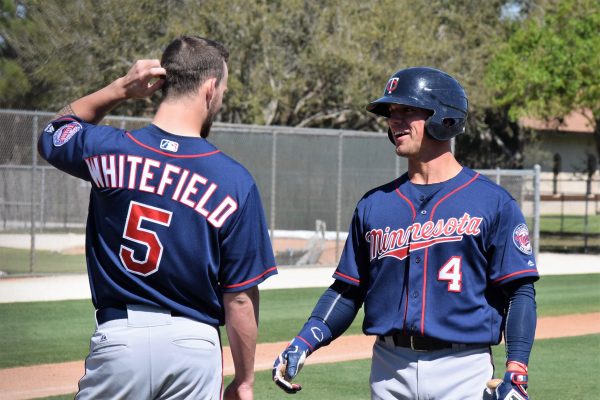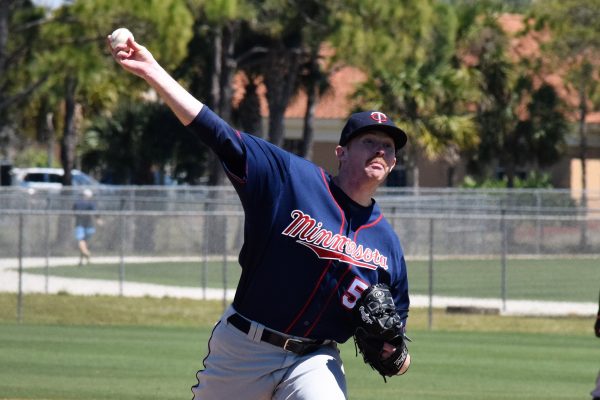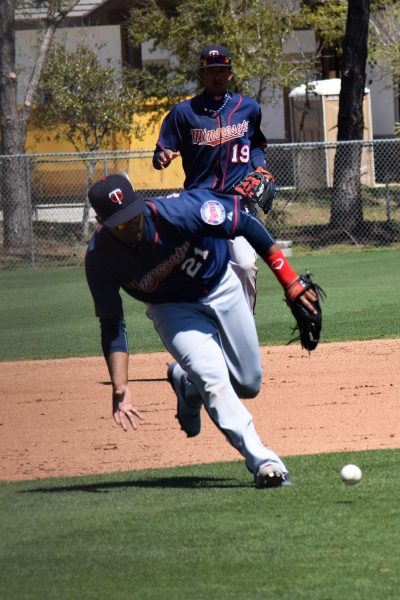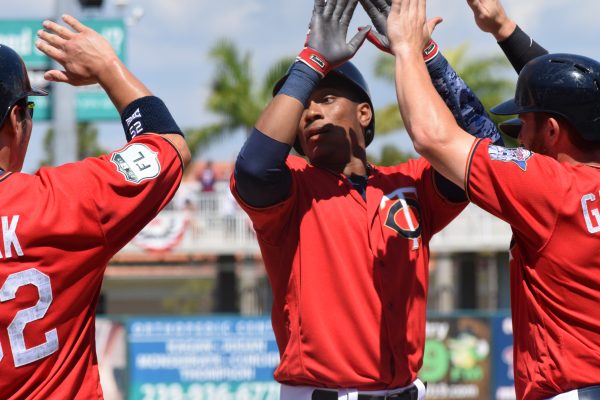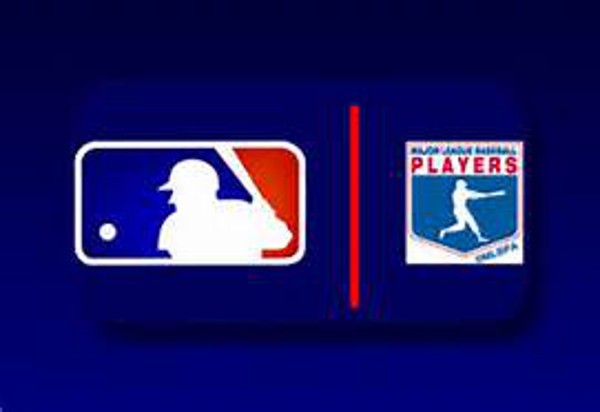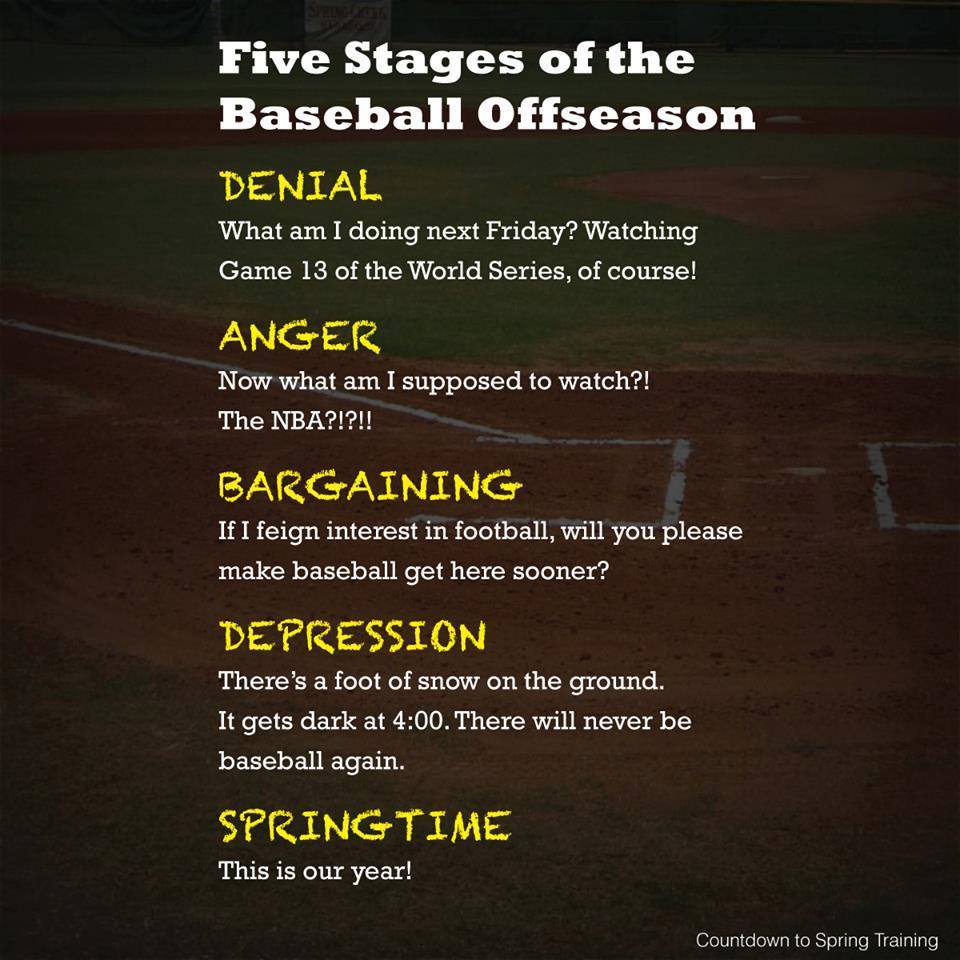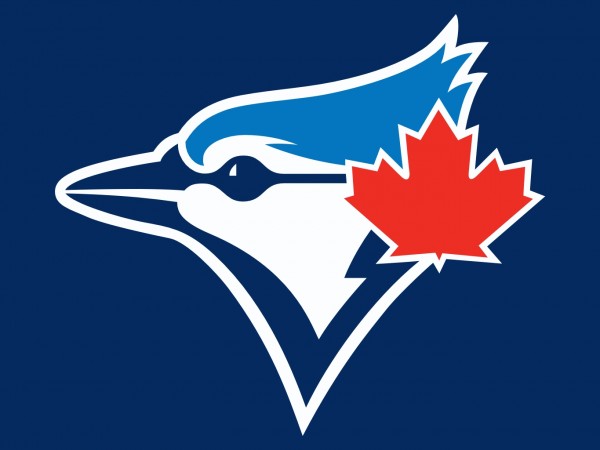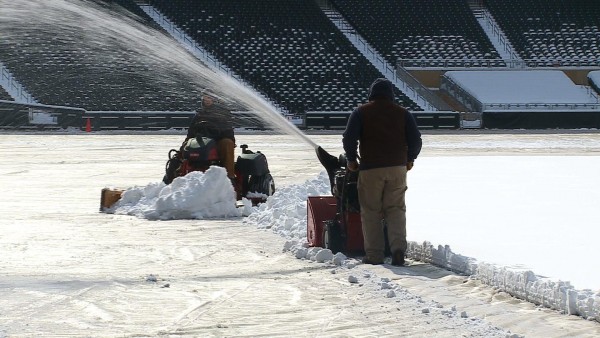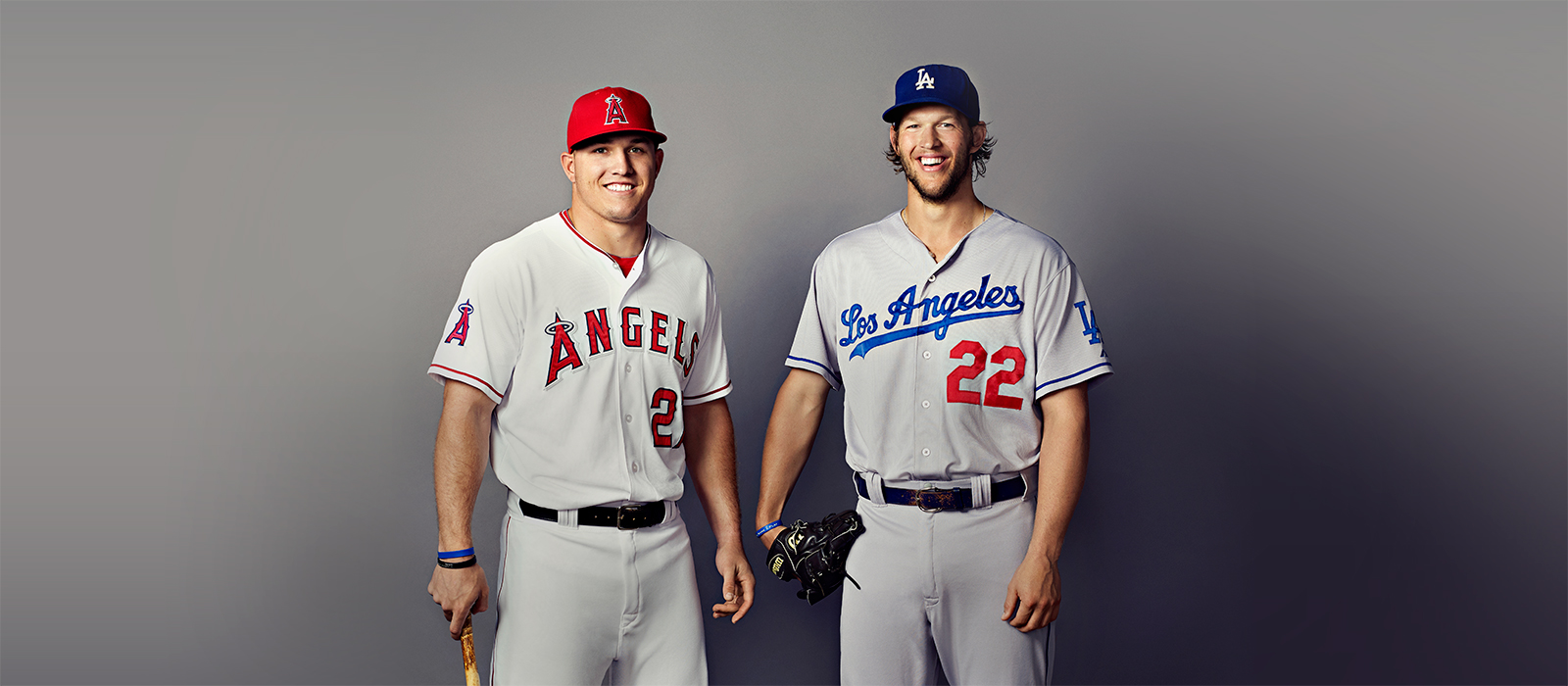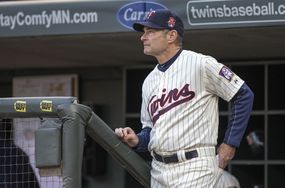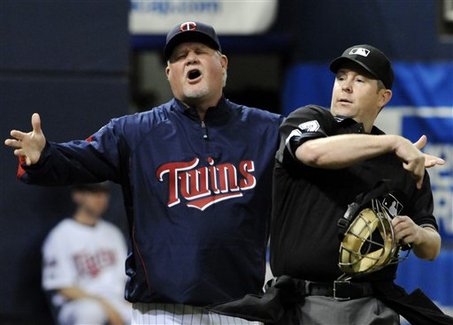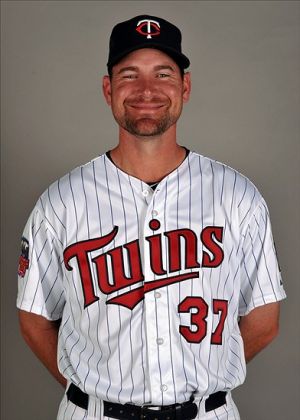A whole LOT of sports stuff has been going on over the past week or so.
Whether you’re a Twins fan, a Vikings fan, a college football fan or a fan of one a team in one of those sports leagues I don’t really give a crap about like the NBA and NHL, there’s been so much stuff happening, that you could spend almost all day reading stories on every major sports site, just to try to understand all of it.
Who has time for that?
Well, I do, of course. I have time for pretty much anything. For me it’s just motivation that’s lacking. I just don’t WANT to read all that crap.
But I’ve read enough that I’m going to perform a public service and cut through all the bullshit and tell you what you really need to know about the things we care about. So let’s get started.
Since the focus of this site has been baseball related and, specifically, Twins baseball related, let’s start with Twins stuff.
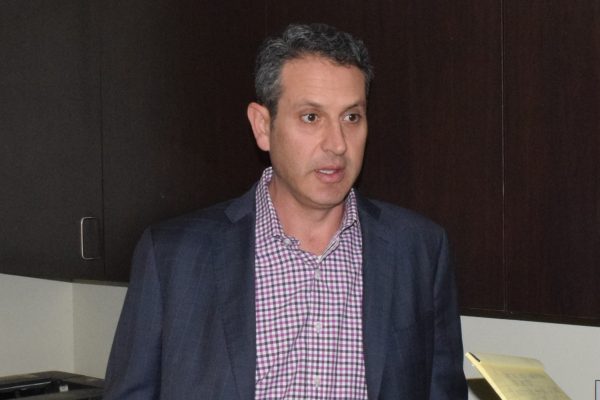
You may have heard that the Twins have a real shot at landing Japanese star Shohei Ohtani.
He’s the guy that would become the next Harmon Killebrew AND the next Johan Santana rolled into one if the Twins could sign him.
That is BS, of course, but it doesn’t matter because the Twins won’t land this big fish.
I can just hear you now. “But Thad Levine said on the radio…”
I know. That was BS, too.
Listen, no matter what you hear about all the stuff that Minnesota could offer Ohtani from his supposed “list” of things important to him, remember this: The New York Yankees can offer all of it, too. All of it.
I figure the Twins are expressing interest to drive up the price and make sure the Yankees have to pay every nickel possible, up to and including having to cough up some bodies from their heralded farm system to get more international bonus money to make sure they get Ohtani.
Come to think of it, the Twins have a bunch of international bonus money that could be made available in a trade.
Say… you don’t suppose that’s what Levine had in mind when he went on about how serious the Twins are about Ohtanom do you? No, of course not.
Anyway, Ohtani will be a Yankee, so that’s all you really need to know.
Part of the Ohtani chatter also involved speculation that the Twins would also go after starting pitcher Yu Darvish.
Yeah, that isn’t happening, either. Not because they can’t afford it (they can), but because they’re the Twins.
The Twins don’t sign premier free agents and premier free agents don’t have interest in signing with the Twins. Don’t waste your time hoping that will change.
The Vikings have a similar amount of BS swirling through their fanbase. Seems they have won football games week after week after week… to the point where they have the second best record in their conference.
This has people excited. Not so excited that they aren’t willing to toss the quarterback who led the team to all those wins overboard for a guy who hasn’t taken a snap in forever, but excited nonetheless.
But real Vikings fans know we can cut through the BS because we know what’s going to happen. We’ve been here before. Doesn’t matter the QB or the coach or the stadium. We know how this ends.
When it matters… when it REALLY matters… a kick will sail wide of the uprights and the Vikings’ season will be over.
If you accept that inevitability right now and just enjoy the ride until that happens, it will make life so much easier.
I’d write something about the Wild or the Timberwolves if I really cared, but I don’t.
I’m not really sure anyone in Minnesota cares, either. All I hear about the Wild is that they suck. Always. But at least fans are consistent on the Wild, I keep hearing how the T-Wolves are great – or suck – or are great – or suck – except when they’re great.
Bottom line for both teams is, when they show signs they can win something, someone let the rest of us know, so we can start paying attention. And since nothing matters less in pro sports than what happens in the NHL and NBA regular seasons, don’t bother talking about it until the playoffs or the offseason, whichever comes first for these two organizations.
That leaves major college football.
I know it really isn’t fair to talk about big time college football when I’ve just said the NHL and NBA are irrelevant for these purposes, since both the Wild and T-Pups have been relevant since the last time the same could be said about Gophers football.
However, since so many of the best Minnesota high school football players are on rosters in Wisconsin or other locations where football IS relevant (like North Dakota, for instance), it’s understandable that Minnesotans still pay attention to the goings-on in the Big Ten Conference and elsewhere.
If you haven’t paid attention since back when the Gophers mattered, you may not be aware that the National Champion in football is no longer decided by who finishes first in the polls.
Years ago, something called the BCS was formed to match up the top two teams in the nation and that evolved into the current “final four” playoff system for it’s major college programs.
There’s a committee whose responsibility it is to decide who the top four teams are and then those teams play a mini-tournament in January to determine the National Champion.
Or that’s how it’s supposed to work.
Here’s what really happens: the Committee gives one of the four spots to Alabama, one to the ACC Champion and one to the B1G Champion, then picks the one other team that they think have the best chance to give Alabama a game.
You may have heard that the teams the committee ranks at the top keeps losing the following week. This is true. In fact the top two teams lost this weekend and one of those teams was Alabama.
Now everyone is talking and writing about how the Tide won’t even be in the SEC Championship Game, so is unlikely to be in the playoffs.
Don’t believe that BS.
There are few things more certain in life than Alabama being in the college football playoffs.
There have been three playoffs since the current system replaced the old BCS “one vs two” system. Alabama has been in all three. They were also in three of the last five BCS Championship games. That’s the next best thing to a sure thing.
The SEC Champion has been in the playoffs in each of the past 11 years – the final eight years of the BCS and first three years of the current playoff system. The inclusion of the SEC Champion is damn near the very definition of a “sure thing.”
Of course, that won’t be Alabama this year. But before you think for a moment that it means Nick Saban’s team will get left out of the party, keep in mind that the Tide didn’t win the SEC in 2011, either, but that didn’t stop the powers-that-be from matching them up in the BCS Championship game against LSU, the team that DID win the SEC title.
Yes, even though they could select only TWO teams, they chose Alabama over the champions of every other conference in the country. And you think that now, with four spots available, they won’t plug in Alabama over… well… pretty much anyone else? Fat chance.
When the teams are announced, here’s what you can be pretty certain will happen: The four teams will be the SEC Champion, the ACC Champion, the B1G Champion and… Alabama.
When it comes to Alabama being selected, it will happen for one reason: It always happens. Always.
Just like how the Vikings will always break your heart and any free agent that the Twins and Yankees both want will always sign with the Yankees.
Until one of those things doesn’t happen, we should just assume that anyone who tries to tell us otherwise is feeding us bullshit.


